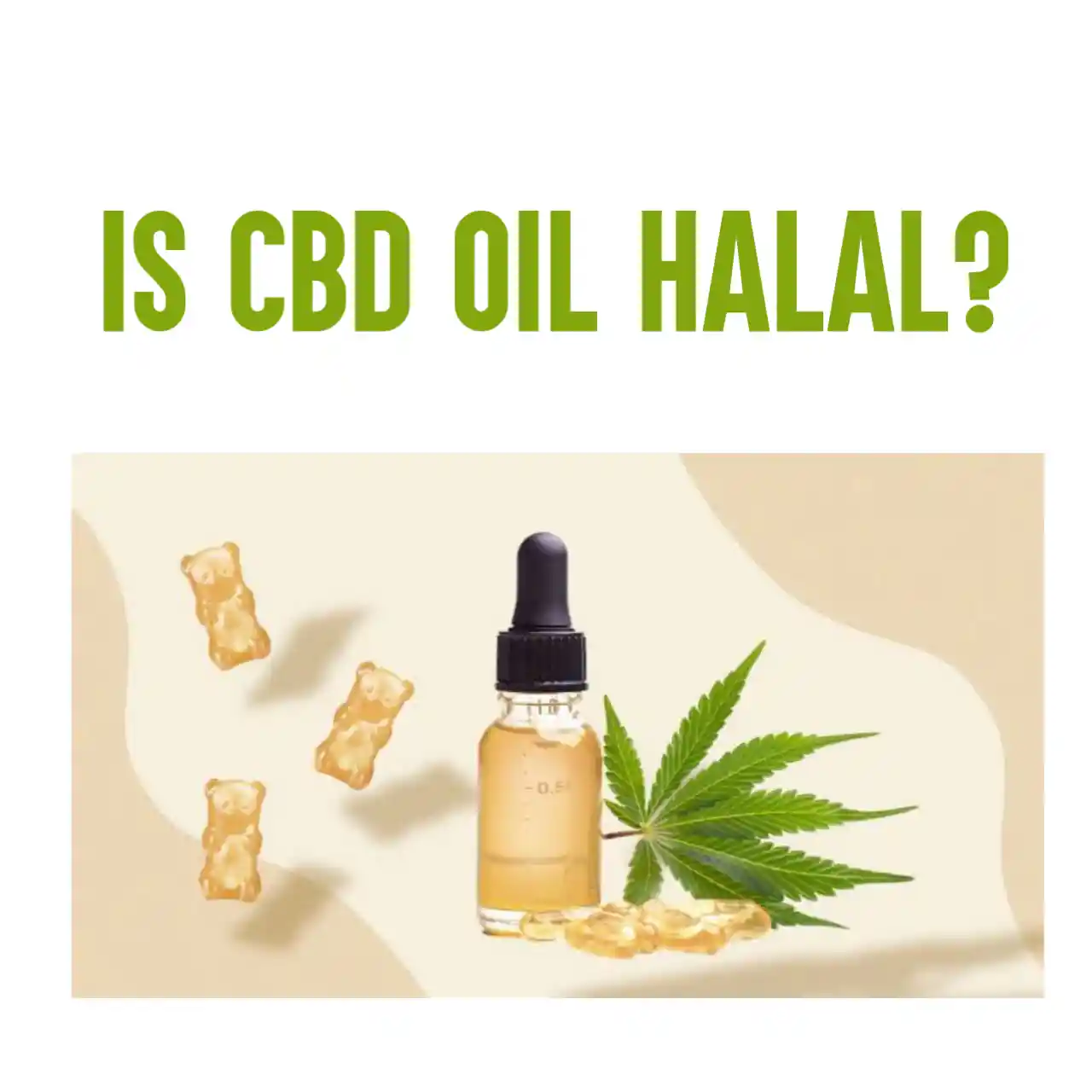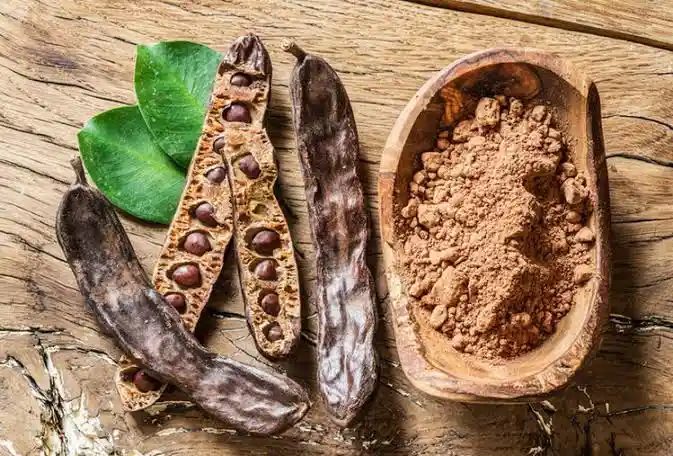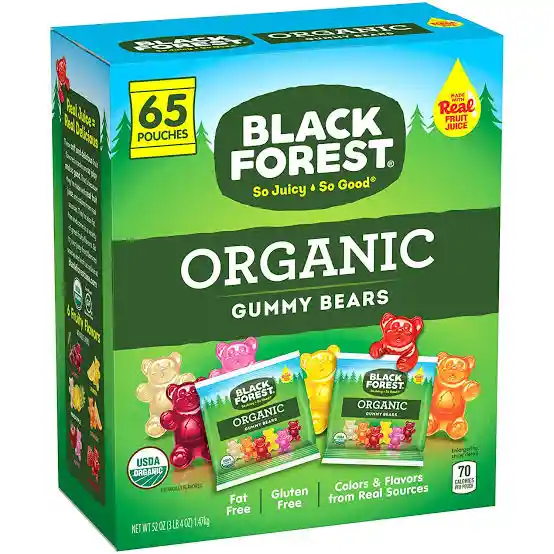Is CBD Halal? What You Need To Know
Advertisements
Cannabidiol (CBD) is becoming a more appealing option for people looking to treat a wide range of ailments, from chronic pain and depression to severe diseases. It can be used to treat a wide range of health issues and conditions. The most frequently asked question is… Is CBD halal?
In this article, let’s unpack the effects of CBD to determine whether CBD is considered halal or haram in Islam and which CBD-derived products are allowed for consumption.
Is CBD Halal In Islam?
Yes, CBD is considered halal in Islam if they are non-intoxicating and free from THC. CBD is halal to use if it is proven that it is not harmful and does not contain Tetrahydrocannabinol (THC), or if it contains a small amount that is completely absorbed and no trace of it can be detected.
Al-Khatib ash-Sharbini (may Allah have mercy on him) said:
“The difference of scholarly opinion concerning using it – namely alcohol – as medicine has to do with pure alcohol (with which nothing else is mixed).
Advertisements
As for medicine that may contain some alcohol, or medicine in which alcohol is completely absorbed, it is permissible to use it to treat sickness, when one cannot find any other effective medicine made of pure ingredients that could produce the same result.
This is the same as the issue of using impure substances, such as snake flesh and urine, for medicinal purposes.
That is permissible even if it is used only to expedite recovery, on condition that one seeks the advice of a Muslim doctor of good character, or a doctor who has experience in using that medicine to treat sickness.”
End of quote. Adopted from Mughni al-Muhtaj, 5/518.
See also Is Elephant Halal? What You Need To Know
Advertisements
What Makes CBD Halal?
CBD is considered halal since it does not contain any THC. Therefore, it has no potential to make you feel ‘high’. Some Muslim scholars believe that if a CBD product is derived from hemp and contains no THC or other psychoactive agents, it should be considered halal so that it can be used for its health benefits.
Is CBD Haram?
Yes, CBD is considered haram if it contains the intoxicating cannabinoid (THC). However, this rule is not not applicable to the entire cannabis plant. Other cannabis constituents, such as CBD, are unlikely to be haram because they are considered safe to consume and do not cause intoxication. It is, however, haram to consume them alongside THC in an intoxicating cannabis product.
Even CBD products containing trace amounts of THC are safe if they are absorbed by your body and cannot be detected.
CBD Ingredients That Are Haram
Common ingredients such as gelatine (obtained from pork), food colouring and flavourings are sometimes haram. Some of the CBD haram ingredients in CBD are:
Gelatine
Some CBD capsules contain gelatine, which is prohibited. However, if it is bovine gelatine and the cow was slaughtered in accordance with halal standards, it is permissible.
Flavourings
Flavorings and colorings can also be haram if they are not sourced from a halal source. For example, some may contain alcohol byproducts or non-halal animal products.
Alcohol
Avoid anything labelled as a “tincture,” which is made by dissolving hemp extract in alcohol.
While the amount of alcohol in tinctures is negligible, tinctures are easily avoided because most CBD oils are extracted using supercritical CO2, which contains no alcohol or its derivatives.
Alcohol in small amounts may be acceptable if the product’s purpose is to heal, but only if no other options are available.
Is CBD Gummies Halal?
CBD candy candies such as CBD gummies are definitely not halal for Muslims as they are made from gelatin which usually contains animal fat and often pork.
Is CBD Oil Halal?
Yes, CBD oil is considered halal. It is widely accepted that CBD products are halal, provided they contain no THC. And even those products that contain trace amounts of THC are acceptable to some Muslims.
Since CBD does not get you high, it exists in a grey area. However, Muslims need to pay close attention to the other ingredients in their CBD products. CBD is often not the only ingredient, so it’s important to check labels carefully.
How To Find Halal CBD?
To ensure that any CBD you consume is halal, there are some simple steps that you can take:
Find a trustworthy retailer
Since the CBD industry is still largely unregulated, there are some unscrupulous retailers selling low-quality products. Look for a retailer who is open about their processes and the contents of the bottle.
Look at customer reviews and read the information on their websites to find a company you can trust.
Check third-party lab tests
Third-party lab results will be displayed on product pages by the best retailers and CBD brands. Independent laboratories conduct these tests to verify the content of a sample from each batch of product.
Look for products with certificates indicating that THC was not detected or was detected in trace amounts.
Even if a brand claims “zero THC” or “THC free,” make sure the certificates back up their claims. We’ve seen many websites that claim zero THC but also describe their product as full-spectrum (to be full-spectrum it must contain THC).
Look for certified vegan products
Vegan-certified products contain no animal products, preventing you from consuming items from animals that were not properly slaughtered.
They will also be free of insect products like cochineal red food colouring, which is also prohibited.
Look for an official halal certification – Because halal-certified CBD is currently difficult to come by, you will have to rely on your own research.
Check the ingredients
Once you’ve found a THC-free, vegan product from a reputable retailer, it’s critical to thoroughly examine the ingredients.
Most CBD oils have few ingredients, but some may have unnecessary additives. Keep an eye out for halal-incompatible additives, fillers, and flavours.
Conclusion
It is entirely up to you whether or not to consume CBD, but there is a growing consensus that it is likely to be halal. To be certain, avoid tinctures, vape oils, and products containing colouring and flavouring.
It’s also critical to use third-party lab certificates to ensure that it’s THC-free or low in THC. If you have any concerns, speak with the retailer before making your purchase.
Remember that not all CBD products are created equal, and you will need to conduct your own research to ensure that your health and wellness needs are met with a high-quality, halal-friendly CBD oil product.
Advertisements







